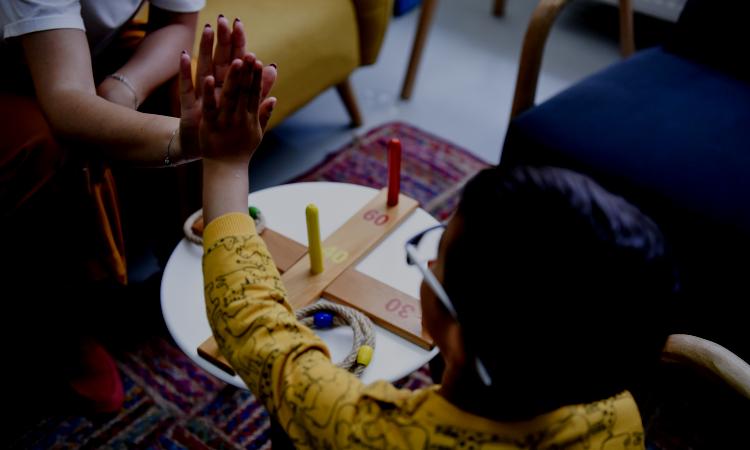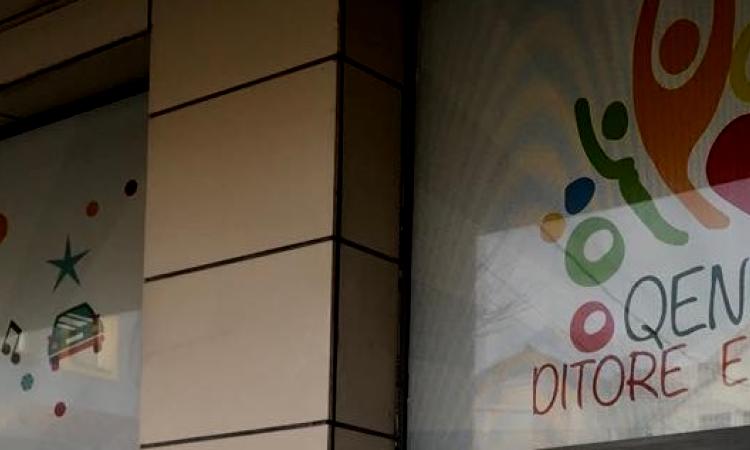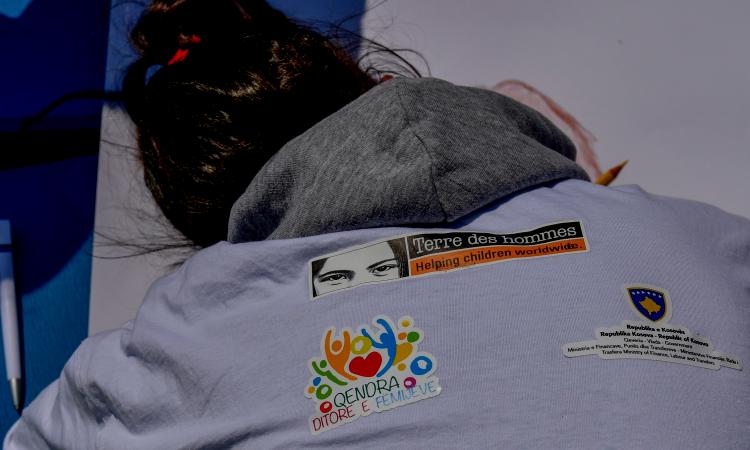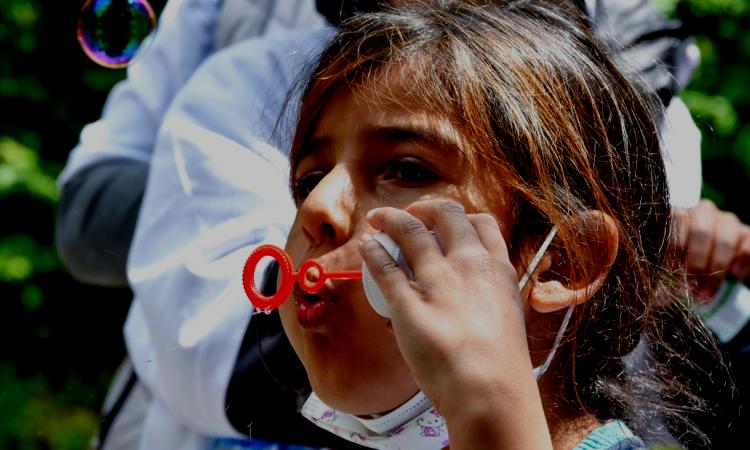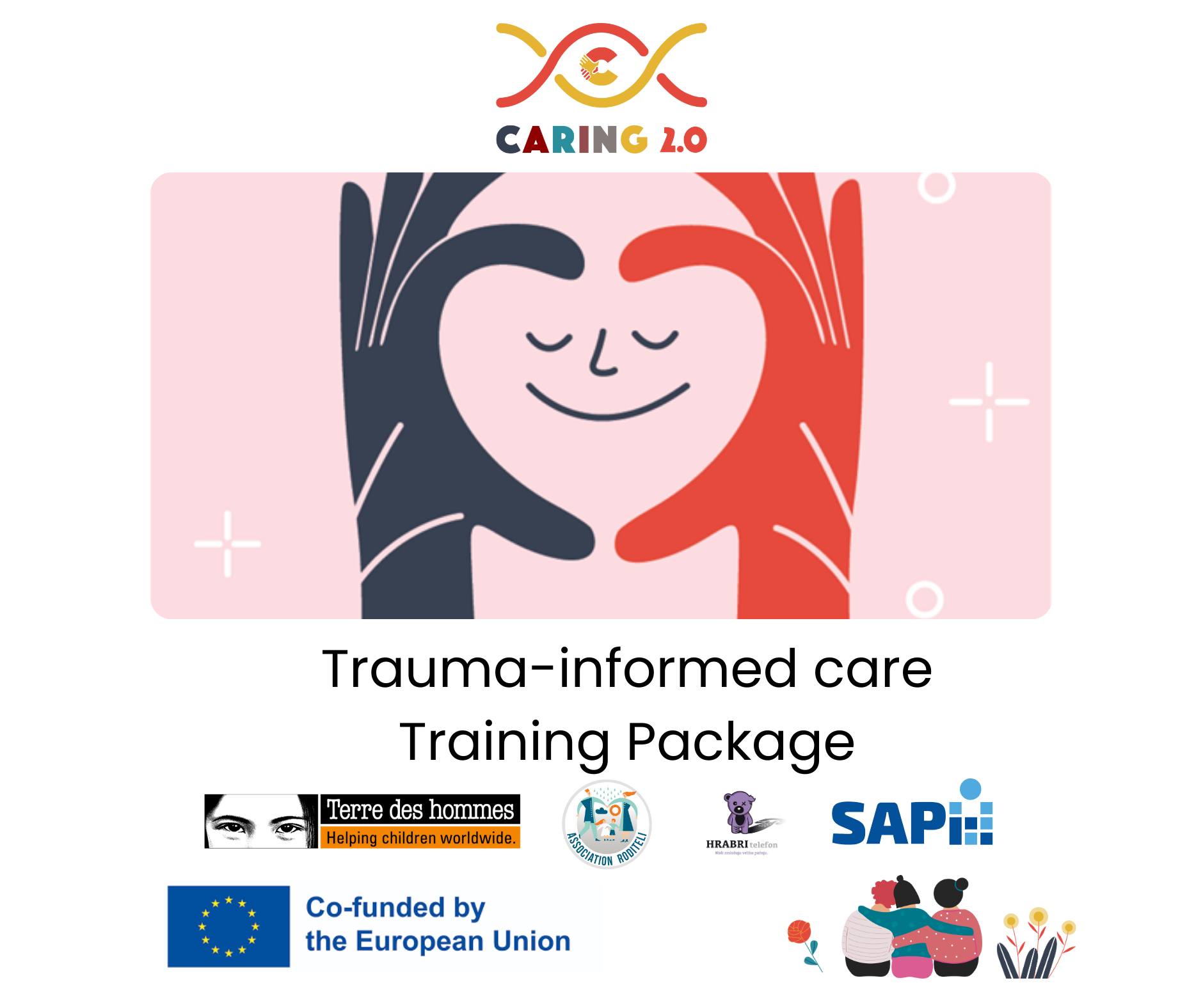
Terre des hommes Kosovo (TdhK) is implementing the regional project "Multidisciplinary approach to preventing and responding to violence in schools - CARING 2.0" (March 2025 - February 2027), as part of a consortium and in partnership with organizations operating in 6 countries such as Hungary, Romania, Greece, Croatia, Bulgaria and Kosovo, and financially supported by the European Commission, within the CERV[1] program. As part of this initiative, TdhK, with funding from the European Union, has designed a powerful Trauma-Informed Care (TIC) Training of Trainers package for the use by the multi-disciplinary team. More than just a set of materials, this package is a pathway to creating safer, more compassionate spaces for children, young people, and the professionals who support them. It serves as an invitation to pause, reflect, and see those we serve with deeper compassion and understanding—while also turning inward to gently explore how our own stories, emotions, and lived experiences shape the way we show up for others.
In line with the European Union's commitment to protecting children from all forms of violence, the European Commission recommends the development and strengthening of integrated child protection systems, based on the best interests of the child. This recommendation emphasizes the need for children to be at the centre of protection systems, guaranteeing their rights to protection from all forms of violence and ensuring their active participation. It also emphasizes taking appropriate measures and allocating the necessary resources to protect the physical and mental integrity of children as part of an integrated approach to preventing and responding to violence.
What’s inside the package?
- Facilitator’s Guide – A step-by-step manual for delivering training sessions in education, health, social care, justice, and community settings. It integrates theory, neuroscience, and practical strategies with a focus on emotional safety, trust, collaboration, empowerment, and cultural responsiveness.
- Participant’s Manual – A companion resource packed with concepts, practical tools, and activities to deepen understanding and build skills.
- Six Core Modules covering:
- Understanding trauma and its impact
- Attachment, safety, and relational healing
- Recognizing and responding to trauma
- Vicarious trauma and professional resilience
- Trauma-informed facilitation
- Adaptation and integration into local contexts
What makes it different?
This training is built on principles that go beyond theory—it’s about presence, connection, and transformation. Through interactive activities, grounding techniques, and adaptable tools like the ARC Framework, Feelings Wheel, and Safety Mapping, it empowers professionals to:
- Recognize and respond to trauma with empathy and skill
- Strengthen emotional safety in every interaction
- Build resilience—for themselves and the communities they serve
This package is designed for trainers and professionals who wish to embed trauma-informed principles into their daily practice and organizational culture, promoting resilience, empathy, and long-term positive outcomes for children and young people.
The materials are available in Albanian, Bulgarian, Croatian, English, Greek, Romanian.
Funded by the European Union. Views and opinions expressed are however those of the author(s) only and do not necessarily reflect those of the European Union or European Commission-EU. Neither the European Union nor the granting authority can be held responsible for them.
[1] Citizens, Equality, Rights and Values Programme (CERV)
